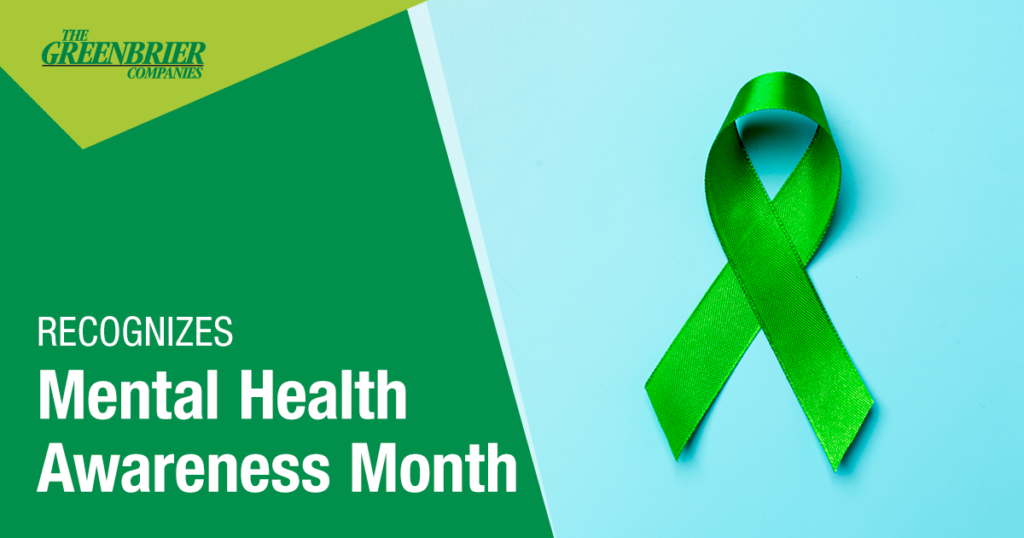As the pandemic continues into its third year, the unseen struggle of trying to return to normal has taken its toll on people across the world. The United States recently passed the grim milestone of one million deaths connected to the virus. According to the Mayo Clinic, the mental burden associated with the pandemic can bring stress, anxiety, fear, sadness and loneliness. But an important thing to remember is that you’re not alone. One in five American adults lives with some form of mental illness. One in twenty live with serious conditions like schizophrenia, bipolar disorder or long-term recurring depression.
During the month of May, Americans are asked to focus on their mental health, which is as important as physical health.
Here are a few ways to keep your mental health in check.
Get some sleep.
The saying “garbage in, garbage out” holds true, according to some doctors. The healthier the body, the healthier the mind. The Mayo Clinic says it helps to set a regular sleep schedule, allowing yourself to recharge after the day, and be prepared for the next one. This means keeping some distance between you and your phone when its time for bed. Not only can it help you relax, but research published by The Cleveland Clinic shows avoiding blue light from screens can help the natural production of melatonin, which controls your sleep-wake cycle.
Take care of your mind.
Stress triggers are everywhere, and with the nonstop news cycle and ubiquity of social media, the effects of the pandemic can be hard to escape. That’s why it’s important to occupy your mind with more positive things. That means limiting your exposure to news media. Constant coverage of COVID-19 and conflicts around the world can have a seriously negative impact on your mental well-being. Stay busy by taking up a hobby or craft. This will help put some distance between you and the flow of stressful news, while occupying your mind on something productive.
Reach out to others.
Even this far into the pandemic, many American workers are doing their jobs from home, fueling a sense of isolation. Mental health experts advise making connections regardless of your proximity to others via email, text or online communities. Lean on your support system, whether that’s a circle of friends, family or religious congregation. Doing things for others through volunteer organizations or simply running an errand can also bring you a sense of accomplishment and altruism.
Stop the stigma.
It’s okay to not be okay. Embracing that fact is the first step in moving forward to a more positive mental space. The stigma surrounding mental illness, COVID-related or not, harms people’s health and well-being. It often stops people from seeking resources that could help them. The National Alliance on Mental Illness (NAMI) encourages everyone to take their StigmaFree Pledge to shift the social and systemic barriers for people living with mental health conditions.
If you or someone you know is struggling with their mental health, resources from the National Alliance on Mental Illness and MentalHealth.gov are available.


